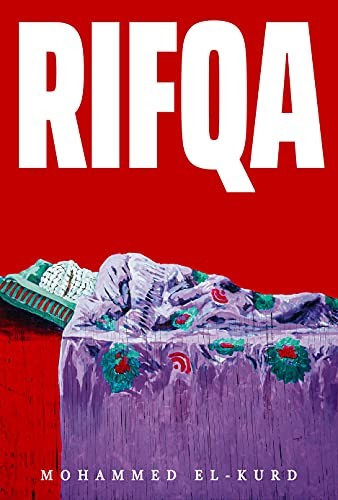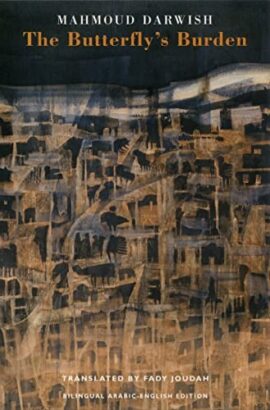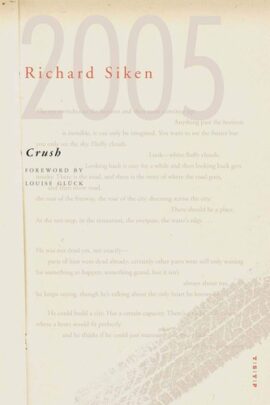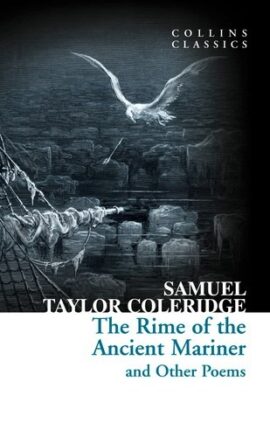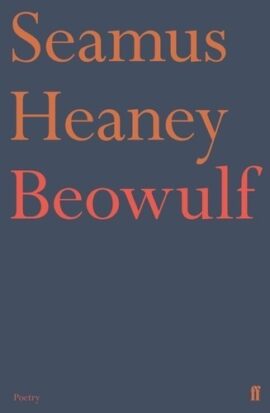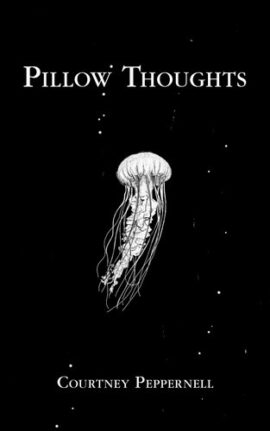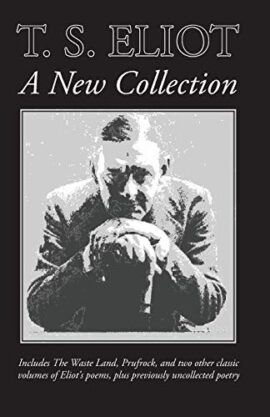Rifqa
3.900,00 د.ج
Each day after school, Mohammed El-Kurd’s grandmother welcomed him at the door of his home with a bouquet of jasmine. Her name was Rifqa—she was older than Israel itself and an icon of Palestinian resilience. With razor-sharp wit and glistening moral clarity, El-Kurd lays bare the brutality of Israeli settler colonialism. His poems trace Rifqa’s exile from Haifa to his family’s current dispossession in Sheikh Jarrah, Jerusalem, exposing the cyclical and relentless horror of the Nakba. El-Kurd’s debut collection definitively shows that the Palestinian struggle is a revolution, until victory.
Each day after school, Mohammed El-Kurd’s grandmother welcomed him at the door of his home with a bouquet of jasmine. Her name was Rifqa—she was older than Israel itself and an icon of Palestinian resilience. With razor-sharp wit and glistening moral clarity, El-Kurd lays bare the brutality of Israeli settler colonialism. His poems trace Rifqa’s exile from Haifa to his family’s current dispossession in Sheikh Jarrah, Jerusalem, exposing the cyclical and relentless horror of the Nakba. El-Kurd’s debut collection definitively shows that the Palestinian struggle is a revolution, until victory.
| Editeur |
|---|
Produits similaires
The Butterfly’s Burden
Harmony
i am finally finding a balance,
a great harmony
between the loss
and the love,
between who i was
and who i have become
In this exquisite poetry collection, Whitney Hanson, chronicles the loss of a loved one, tracing the progression of grief and healing through the lens of music.
We each begin with a simple note, but as life progresses, we’re led to the next note, and the next—all of which combine to form the melody of a song and a life. As life becomes more complicated and complex, we find that loss, grief, and heartache can muffle our music, making the world go silent.
But as Whitney’s poems show, all of these rests and pauses in the music are part of the composition of life, and it is only by moving through the variations that we can find the harmony and grace that come with healing.
Crush
“One of the best books of contemporary poetry.”—Victoria Chang, Huffington Post
“Vital, immediate, and cinematic in scope.”—Library Journal (Best Poetry of 2005)
Selected by Nobel Prize laureate and competition judge Louise Glück as the 2004 winner of the Yale Younger Poets prize, Richard Siken’s Crush is a powerful collection of poems driven by obsession and love. Siken writes with ferocity, and his reader hurtles unstoppably with him. His poetry is confessional, gay, savage, and charged with violent eroticism. In the world of American poetry, Siken's voice is striking.
In her introduction to the book, Glück hails the “cumulative, driving, apocalyptic power, [and] purgatorial recklessness” of Siken’s poems. She notes, “Books of this kind dream big. . . . They restore to poetry that sense of crucial moment and crucial utterance which may indeed be the great genius of the form.”
The Rime of the Ancient Mariner and Other Poems (Collins Classics)
‘Instead of the cross, the Albatross
About my neck was hung’
When an albatross leads a stricken ship out of treacherous ice, a hapless mariner shoots the bird, arousing the wrath of spirits who pursue the ship. Haunted by Death, the crew begin to perish one by one, until only the cursed mariner remains to confront his guilt. As penance for his actions he is condemned to wander the earth, telling his tale to those he meets as a warning.
The Rime of the Ancient Mariner is Samuel Taylor Coleridge’s longest major poem and marks the beginning of the romantic movement in British literature. This edition also includes many of Coleridge’s other works, including Kubla Khan, Christabel and a selection of the ‘conversation’ poems.
Beowulf: A New Translation
In his new translation, Seamus Heaney has produced a work which is both true, line by line, to the original poem, and an expression, in its language and music, of something fundamental to his own creative gift.
